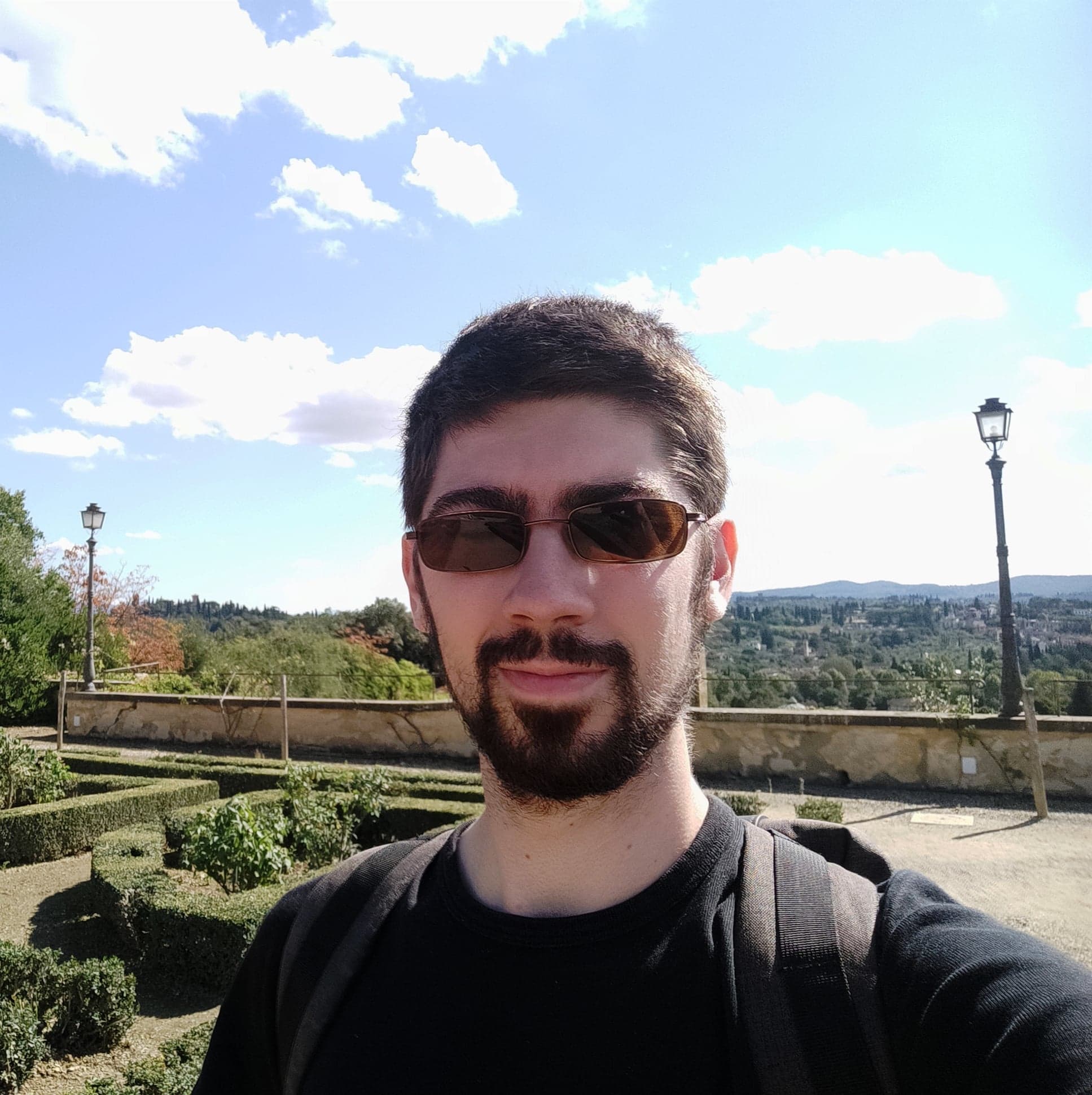About
Since January 2025, I am a postdoctoral researcher at CISPA Helmholtz Center for Information Security, working with Julian Loss, with whom I am focusing on consensus.
Previously, I was a PhD student at the Institut de Recherche en Informatique Fondementale IRIF, Université Paris Cité, under the supervision of Geoffroy Couteau and Alain Couvreur. My subject was “Multiparty Computation from the Hardness of Coding Theory”, and you can find my thesis here.
More generally, my research interests lie in Secure Multiparty Computation, and Pseudorandomness Generation, Coding Theory, Consensus,and general foundation of cryptography. You can find my CV here.
Publication
FOLEAGE: F4OLE-Based Multi-Party Computation for Boolean Circuits, Maxime Bombar, Dung Bui, Geoffroy Couteau, Alain Couvreur, Clément Ducros and Sacha Servan-Schreiber, ASIACRYPT 2024 (ePrint,Springer).
Correlated Pseudorandomness from the Hardness of Quasi-Abelian Decoding, Maxime Bombar, Geoffroy Couteau, Alain Couvreur, and Clément Ducros in CRYPTO 2023 (ePrint,Springer).
Pseudorandom Correlation Functions from Variable-Density LPN, Revisited, Geoffroy Couteau and Clément Ducros, in PKC 2023 (ePrint,Springer).
Current works and Pre-Print
- Strong Pseudorandom Functions in AC0[2] in the Bounded-Query Setting, Marshal Ball, Clément Ducros, Saroja Erabelli, Lisa Kohl, Nicolas Resch (ePrint).
- Strong Efficiency Lower Bounds for Byzantine Agreement, Clément Ducros, Julian Loss, Matthieu Rambaud (eprint coming soon).
We may have met - Events and Talks
I have participated in the following events, in the antichronological order:
- CRYPTO 2025, Santa Barbara, August 17th to August 22th, 2025.
- ECO Seminar Montpellier, Montpellier, April 29th, 2025.
- Journée C2 2025, Pornichet, March 30th to April 4th, 2025.
- CWI Seminar, CWI - Amsterdam , September 9th to September 13th, , 2024.
- EUROCRYPT 2024, Zurich , May 26th to May 30th, 2024.
- PEPR-SecureCompute, ENS ULM - Paris, January 24th, 2024.
- Rennes Crypto Seminar, IRMAR - Université de Rennes, January 19th, 2024.
- Journées C2 2023, Najac, October 15th to October 20th, 2023.
- CRYPTO 2023, Santa Barbara, August 19th to August 24th, 2023.
- EPIT 2023, June 12th to June 16th, 2023.
- PKC 2023, Atlanta, May 7th to May 10th, 2023.
- EUROCRYPT 2023, Lyon, April 23th to April 27th, 2023.
- Retraite ANR Barracuda 2023, Mortagne-sur-Gironde, January 8th to January 13th, 2023.
- ICALP 2022, Paris, July 4th to July 8th, 2022.
- Retraite ANR Barracuda 2022, Metabief, June 27th to July 1st, 2022.
- TPMPC 2022, Aarhus, June 7th to June 10th, 2022.
- EUROCRYPT 2022, Trondheim, May 30th to June 3rd, 2022.
- Journées C2 2022, French Workshop for PhD students, Hendaye, April 10th to April 15, 2022.
